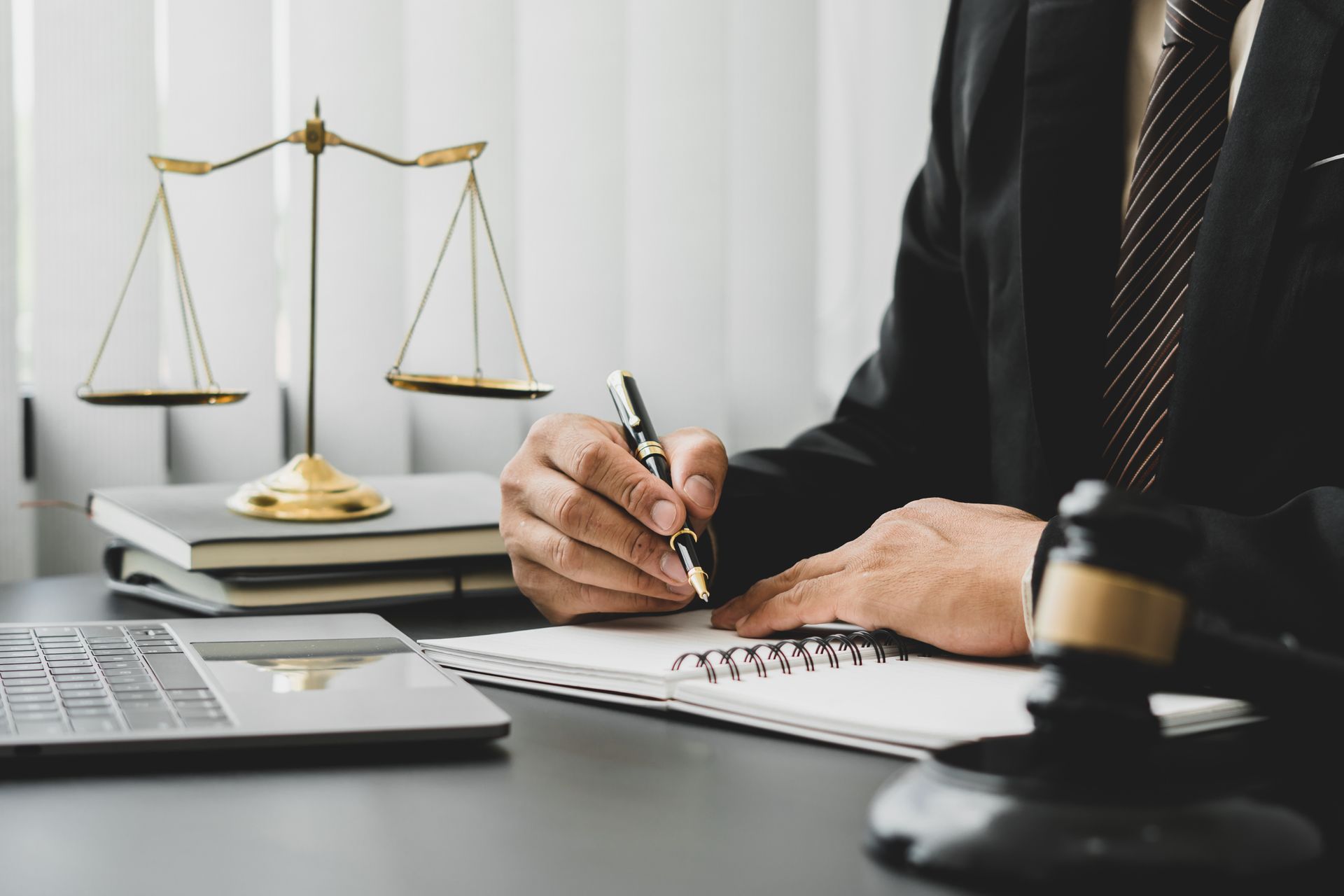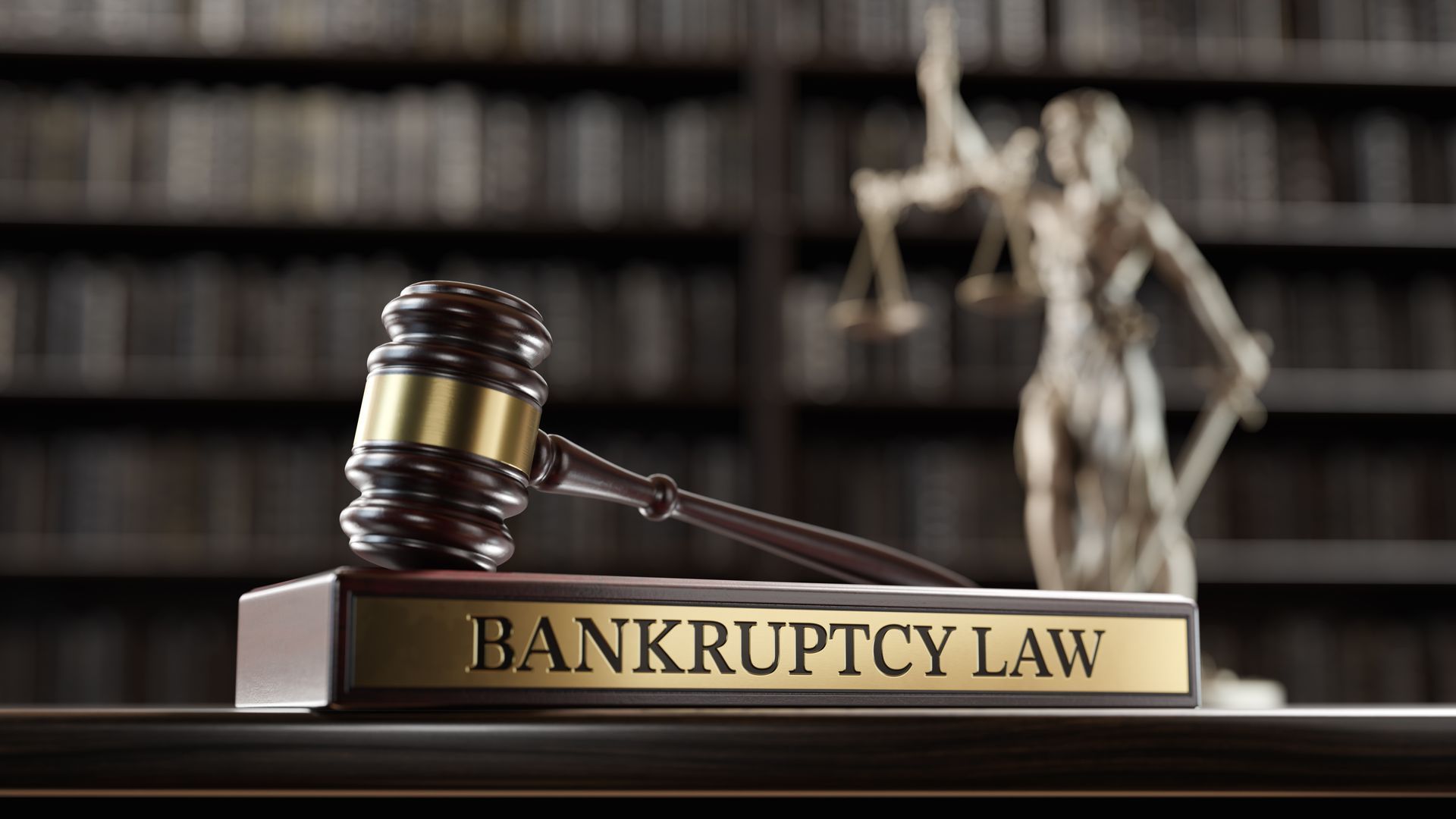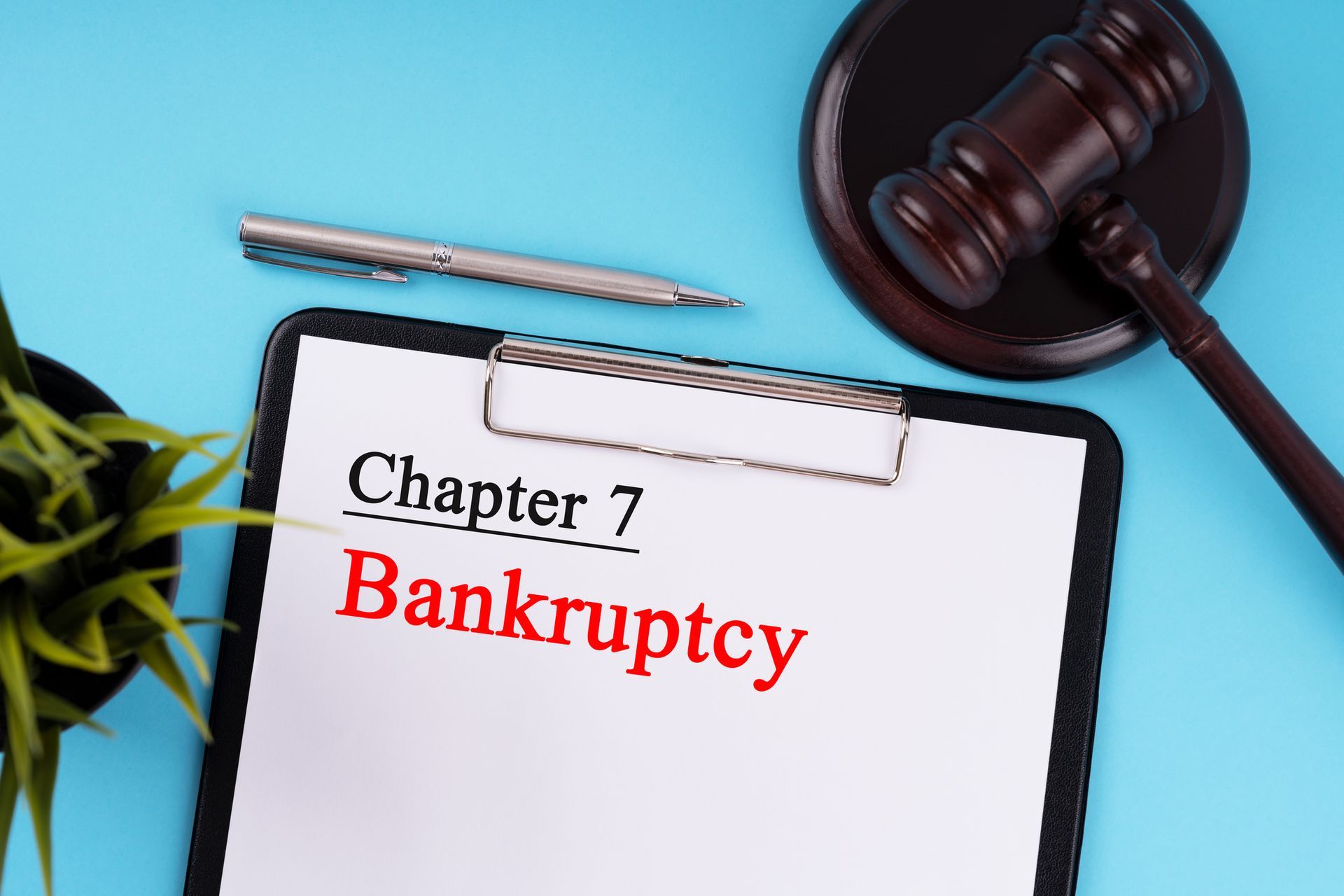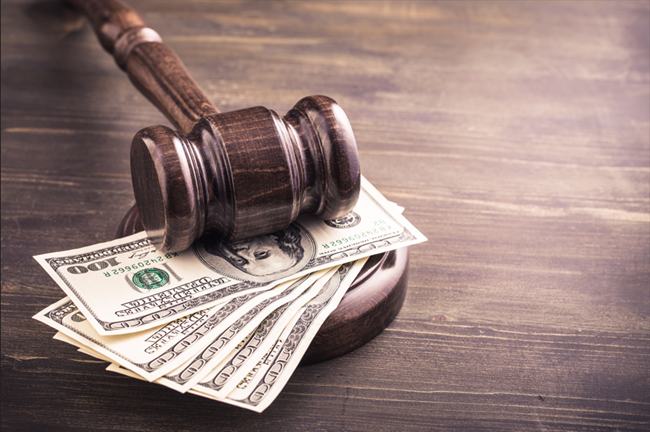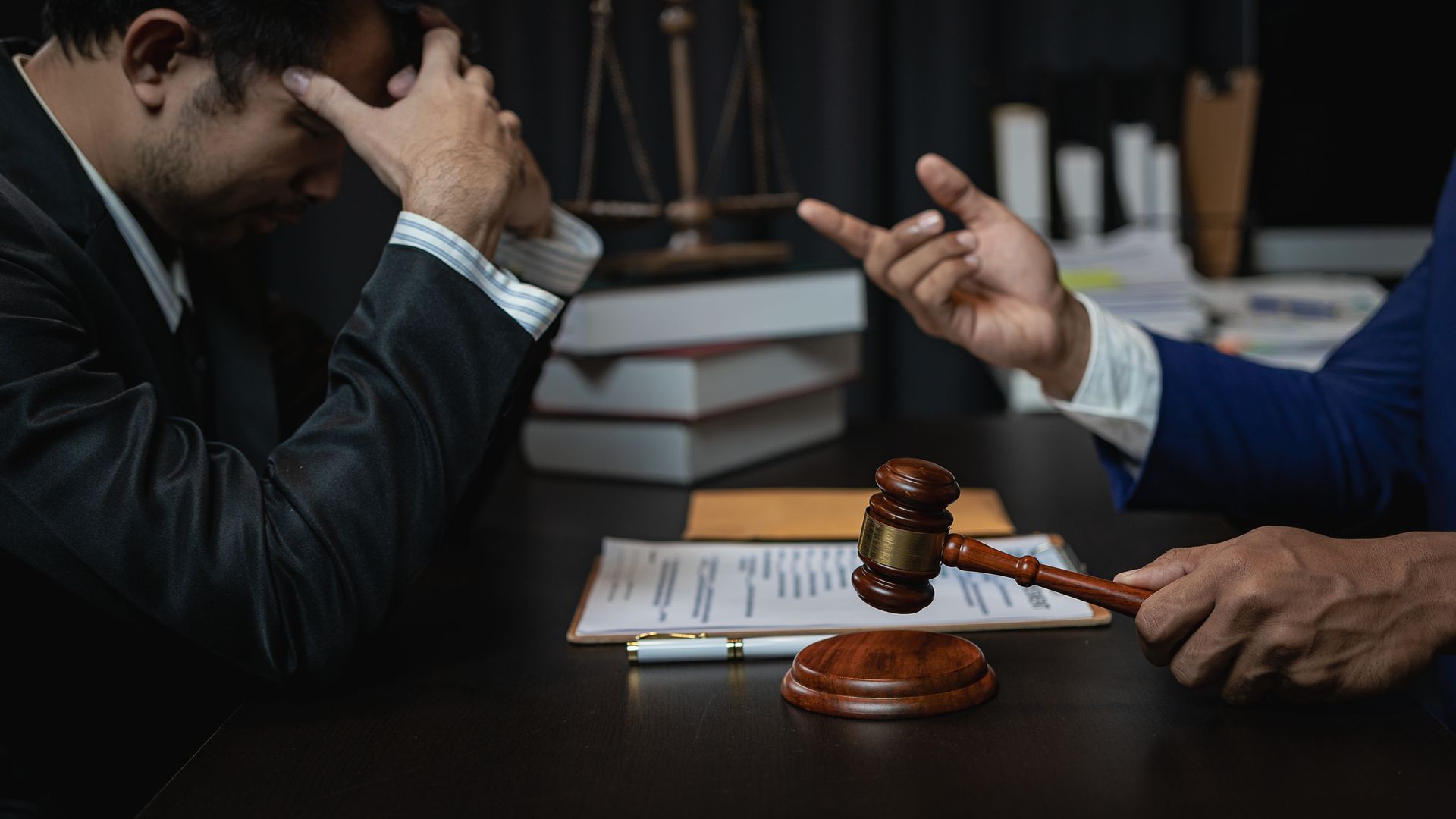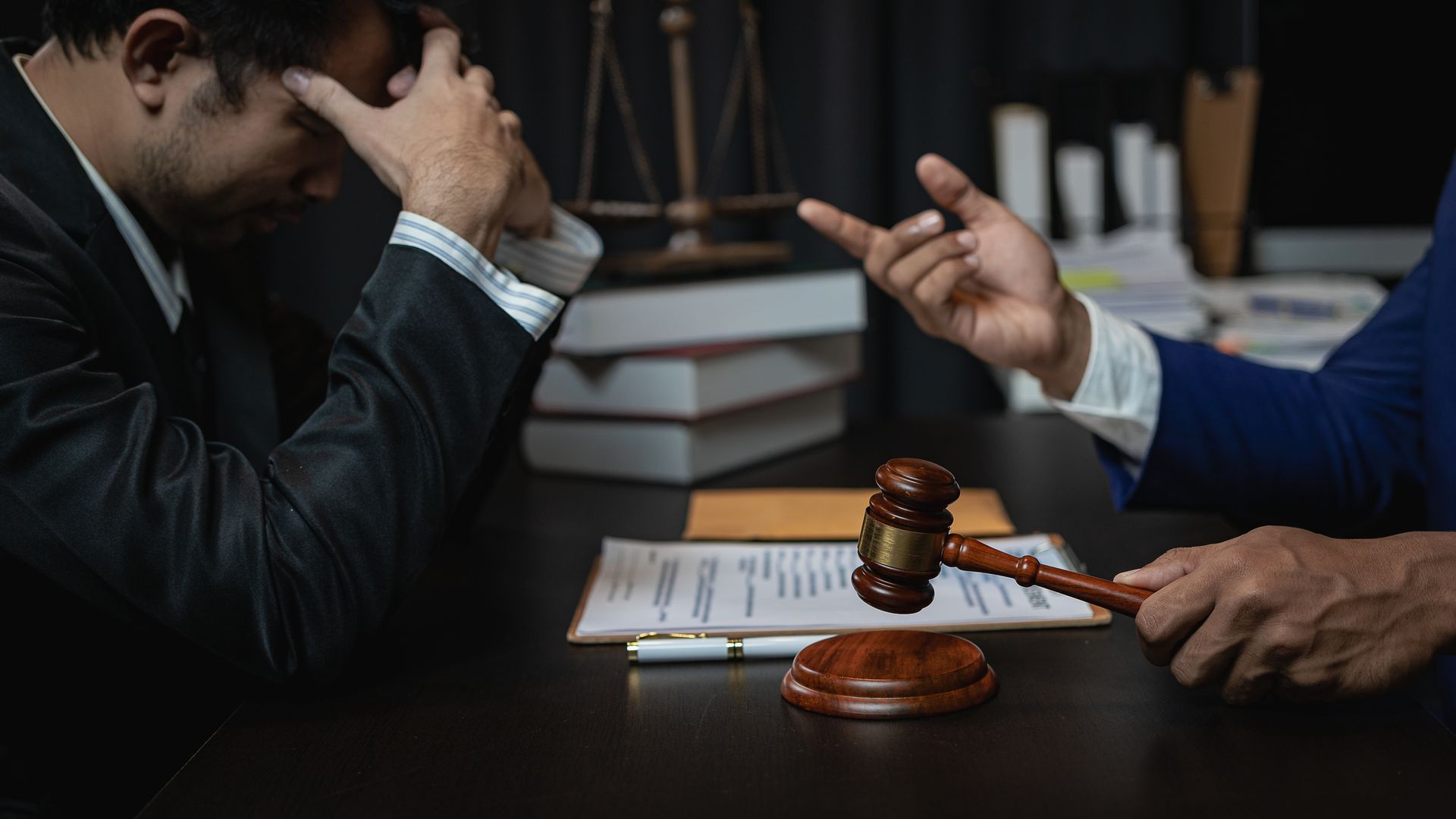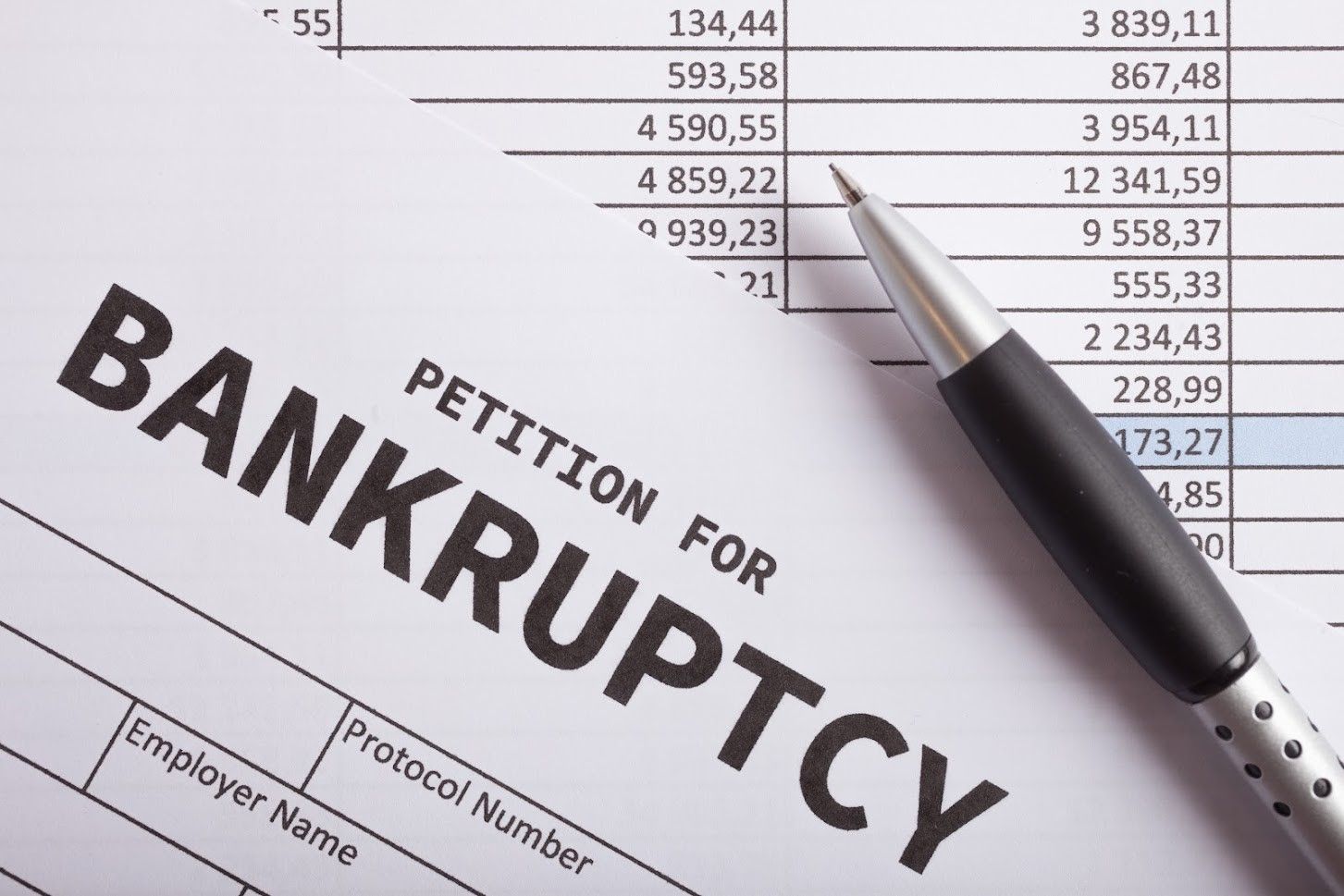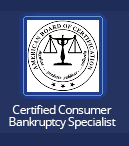5 Moves to Make With Your Bank Account Before Bankruptcy

As you prepare for a bankruptcy case, the actions you take before you file are just as - if not even more - important as what you do after filing. Some of these important steps involve preparing your bank accounts for what happens next. What should you do to protect your assets, avoid accidental fraud, and ensure a smooth process? Here are five things you may need to do.
1. Clear All Checks
The amount in your bank accounts on the filing date is generally what the trustee is authorized to use for debt repayment This can create a problem if you have outstanding charges or checks that haven't cleared the account by that date. You may end up paying these and still seeing the original amount seized by the trustee.
Plan ahead by limiting check-writing as you get closer to the filing. Go through your records to ensure that no older outstanding checks remain either.
2. Identify Exempt Assets
Many people with more than one stream of income put all their money into one place. If all your sources of income and your assets in that account are subject to the bankruptcy, this won't cause trouble and may even simplify things.
However, if some of that income could be exempt, you should identify this now. Your Social Security income or post-filing income, for instance, is generally exempt from seizure. But you'll need to keep close tabs on this to prove it's exempt income. Your attorney may even advise you to open a separate account to prevent the commingling of exempt and nonexempt funds.
3. Stop Automatic Payments
Research and write a list of all automatic payments you have authorized. These could be large payments, such as a car or home loan, or they may be very small, like your Netflix account.
Automatic payments and withdrawals muddy the waters of a bankruptcy case for two main reasons. First, they have the same effect as an outstanding check if they clear after the filing date and require you to pay them back.
Second, the bankruptcy trustee will look for expenses that could indicate accidental or intentional bankruptcy fraud. An annual payment to the wine-of-the-month club may not look good.
4. Separate Assets and Debts
Do you owe any outstanding debts - a car loan, mortgage, or credit card perhaps - to your bank or credit union? If so, consult with your attorney about separating these. The most important reason is to prevent what's known as a setoff. A setoff is when an institution has the legal right to seize money from your account in order to satisfy a debt you owe to it.
Often the best way to prevent this is to use a different banking institution where you hold no outstanding debt. However, you must also avoid the appearance of impropriety when moving money before bankruptcy.
5. Prepare for a Freeze
The financial institution may place a freeze on your account when notified of the bankruptcy. A freeze is an automatic hold on your bank account to protect creditors' rights to nonexempt funds. But if that account also includes exempt funds, you may need to ask your attorney to request that the bank lift the freeze. Keeping some cash on hand may also help you manage the gap if a temporary freeze occurs.
Where to Learn More
Make the most of this period before a bankruptcy filing by consulting with a knowledgeable bankruptcy attorney in your state. They will help you learn which steps to take in your specific circumstances and how to execute them.
Michigan residents can all on
Charles J Schneider PC for assistance. We can provide the guidance and help needed to ensure the best possible bankruptcy outcome. Call today to make an appointment.

